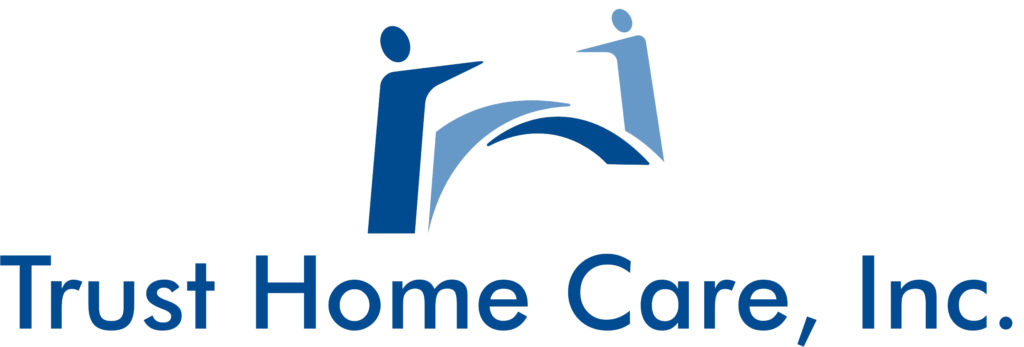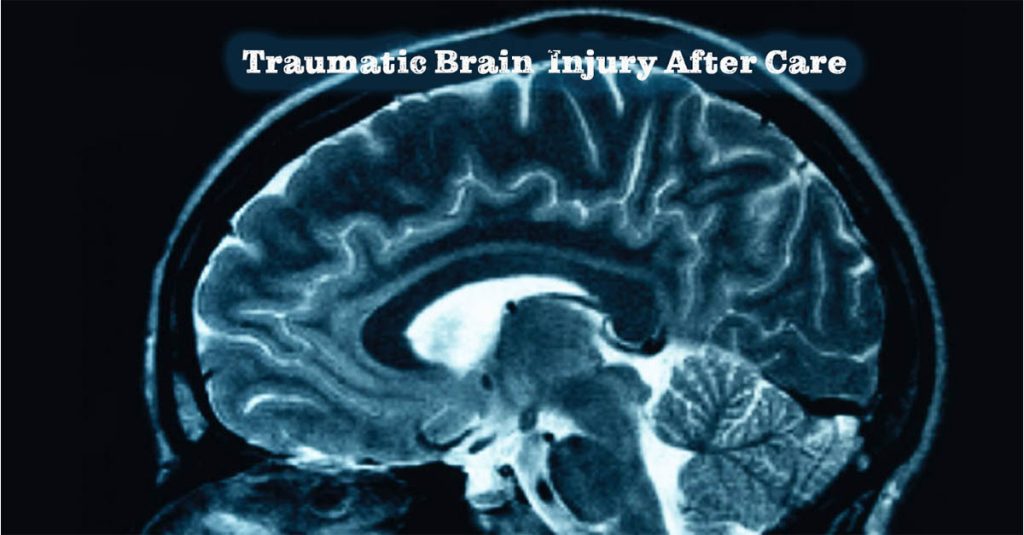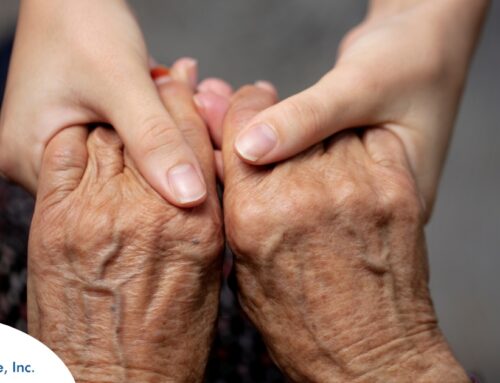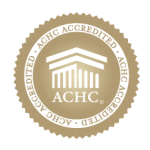A traumatic brain injury can happen when you fall, get hit, or something hits you in the head hard enough to damage the brain. So how do you know if you have a TBI (traumatic brain injury)? John Hopkins Medicine has developed a list of symptoms that may occur:1
- Headaches
- Dizziness
- Confusion
- Convulsions
- Loss of coordination
- Slurred speech
- Poor concentration
- Memory problems
- Personality changes
Falling accounts for the majority of TBI’s in older adults over the age of 65, but accidental blunt force trauma and care accidents are other common reasons reports the CDC.2
What do you do after a TBI? You might need rehabilitation to help your day-to-day routine return to normal.
Rehab could help with:
- Improve your ability to function at home and in your community
- Help treat the mental and physical problems caused by TBI
- Provide social and emotional support
- Help you adapt to changes as they occur during your recovery
Rehab can also help prevent complications of TBI such as:
- Blood clots
- Pain
- Pressure ulcers also called bedsores
- Breathing problems and pneumonia
- A drop in blood pressure when you move around
- Muscle weakness and muscle spasms
- Bowel and bladder problems
Home health is one option for rehab following a brain injury from TBI or stroke. When patients are homebound, original Medicare pays 100%.
- Rehabilitation After Traumatic Brain Injury [Internet]. https://www.hopkinsmedicine.org/. Available from: https://www.hopkinsmedicine.org/health/treatment-tests-and-therapies/rehabilitation-after-traumatic-brain-injury
- Get the Facts About TBI [Internet]. cdc.gov. Last accessed 10/14/22. Available from: https://www.cdc.gov/traumaticbraininjury/get_the_facts.html





